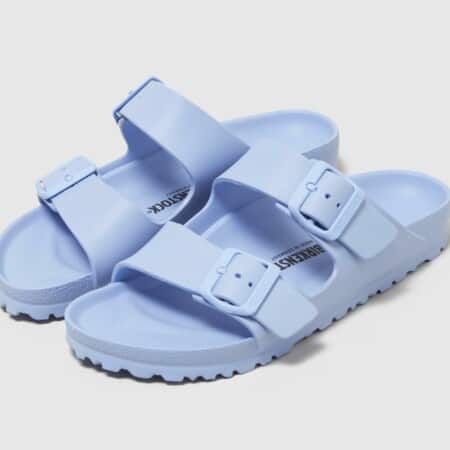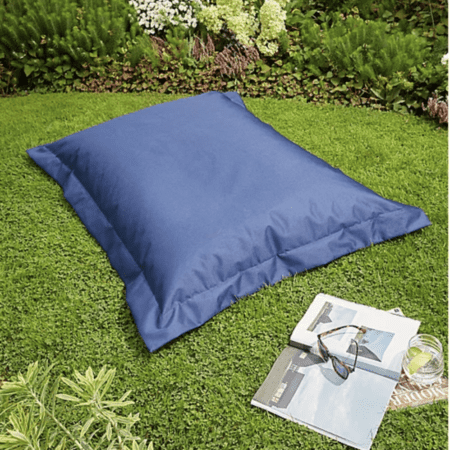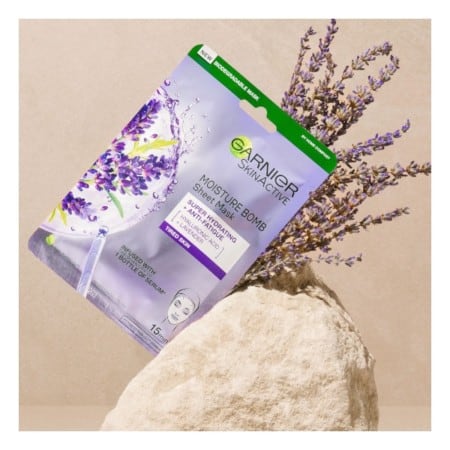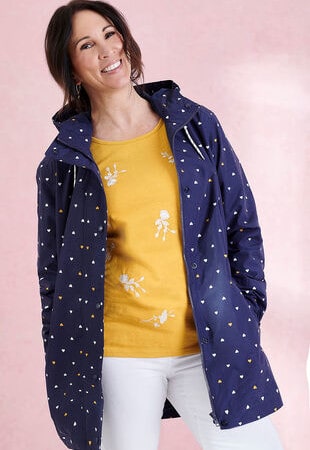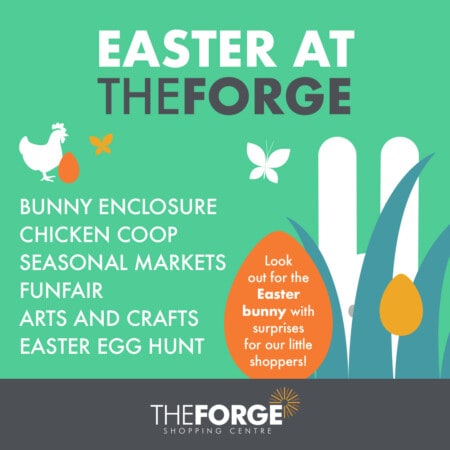The climate emergency was put front and centre in 2019, and it’s set to continue in 2020. Whether it’s seeing footage of the bushfires in Australia, or the World Bank predicting the Maldives could be completely submerged by 2100 due to rising sea levels, the realities of climate change can be somewhat overwhelming. So, with the eco-apocalypse almost upon us, what can we do as everyday consumers and inhabitants of planet earth to be more ethical shoppers? ‘Green shopping’ involves actively thinking about the impact of products we buy and their packaging on the environment when making purchasing decisions.
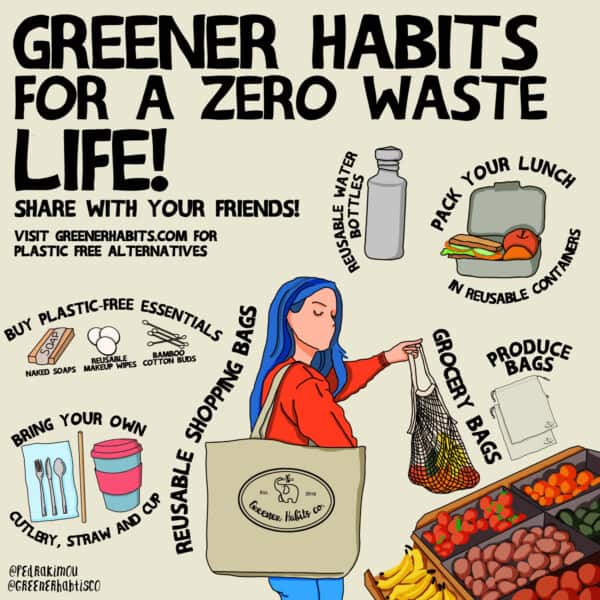
The first thing to think about is to get an idea of your own personal Ecological Footprint.
Quite simply, 99% of what we do makes a demand on nature. From the food we eat and the clothes we buy, to the the way we heat our homes and travel to work, the demands made by each and every one of us – humanity’s Ecological Footprint – are far too much for our planet. A good start for lightening your load on our planet is make simple changes to your daily shopping life.Your choice of chocolate bar – or any other product − is just one link in the complex webs of supply and demand that touch every corner of our world. The chocolate bar you bought could contain cocoa, palm oil and soy that have contributed to deforestation. It could have sugar in it that’s polluted rivers and impacted coral reefs. And it could come in plastic wrapping that will still be harming our environment in 500 years. Then again, perhaps it’s been produced by a community cooperative according to the highest environmental and ethical standards. And by buying it, you’re supporting reforestation that will protect both wildlife and people’s livelihoods.
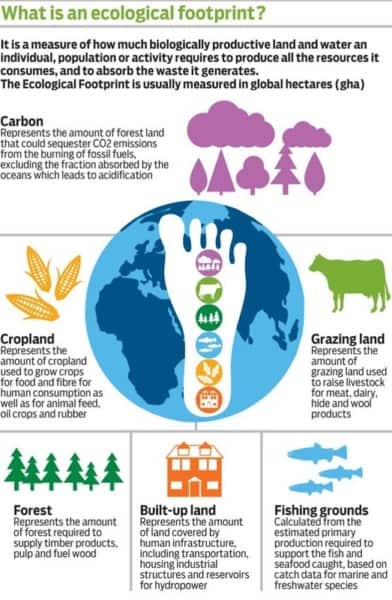
Pick up what you’re about to buy, and read the fine print!
There’s lots of words you’ll see highlighted on goods now, as companies try to appear more ecologically friendly. But for example what does it actually mean for something to be biodegradable? In basic terms, the definition is simple: If something is biodegradable, then, given the right conditions and presence of microorganisms, fungi, or bacteria, it will eventually break down to its basic components and blend back in with the earth. Ideally, but not always, these substances degrade without leaving any toxins behind. For example, when a plant-based product – like bamboo – might break down into carbon dioxide, water, and other naturally occurring minerals, the substance seamlessly mixes back into the earth, leaving no toxins behind. Unfortunately, many materials – even ones with a biodegradable label – do break down in a more harmful manner, leaving chemicals or other damaging substances in the soil. The best biodegradable materials will also break down quickly rather than taking years. Some products will biodegrade eventually, but it might take decades. Steel products for example, will eventually will rust through and disintegrate, and some plastics. Conditions are also important to encourage biodegradability. Products that will biodegrade in nature or in home compost heaps may not biodegrade in landfills, where there’s not enough bacteria, light, and water to move the process along. Is the product in your hand a fair-trade product? The ‘fair trade’ designation tells you that whoever grew/built/sewed/manufactured the product was paid a sustainable, living wage. When people are given fair compensation for their work from companies, it definitely makes shopping feel a bit more guilt-free.
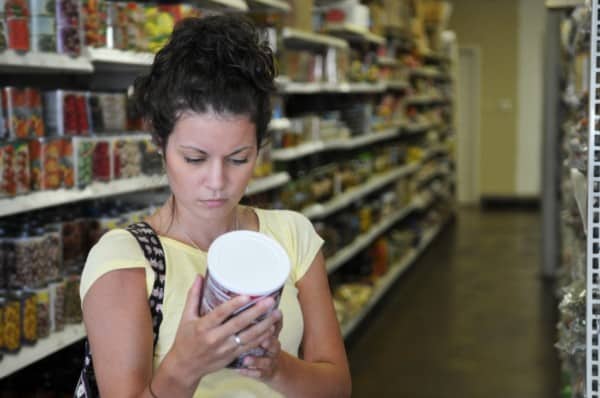
Look out for:
- Items with recycled content, in particular choose recycled toilet paper, kitchen towels, napkins and handkerchiefs.
- Sustainable sourced wood, make sure that any products made from new timber or virgin timber fibres – from garden chairs to paper and envelopes – carry the Forest Stewardship Council (FSC) label.
- Sustainable produced food. Choose organic food and MSC-certified seafood. Also choose processed foods – like margarine, frozen dinners and ice cream – from companies that use certified sustainable palm oil.
- Energy-efficient appliances and equipment. If you’re buying a washing machine, refrigerator, dishwasher or oven, buy the most energy-efficient model you can afford.
- Look for trusted labels – there are a host of ethical labels, but some are more trustworthy and rigorous than others. It’s important that people shop towards the strongest labels that offer real protection to workers, animals and the environment in markets. Companies who are independently certified include: Organic (by the Soil Association), Vegan (by the Vegan Society), Fairtrade (by the Fairtrade Foundation), and Cruelty Free (by Cruelty Free International).
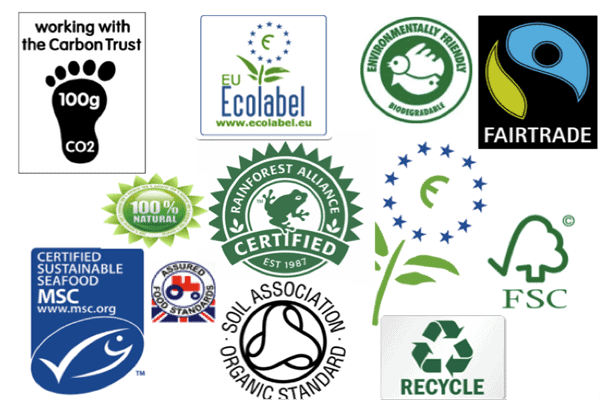
Shop small business
You can’t complain about your favourite book shop or grocers going out of business when you buy 99% of your books and grocery shopping online! If you care about having local, independent businesses in your area, support them by shopping at them. What’s more, you can often find much more unique and interesting products by shopping with local, independent retailers. But perhaps more importantly, independent businesses are more likely to have localised supply chains. This can help create virtuous monetary circles as they buy what they need, such as printing or accountant services from other local businesses. This keeps more money in local communities and stops it flowing out to the shareholders of big high-street brands or to e-commerce companies based in tax havens. Here at the Forge Shopping Centre remember there are many independent retailers and family businesses selling everything from fruit and vegetables and furniture, to jewellery and fashion. Make the most of your shopping experience by shopping around, and trying shops you haven’t visited before.
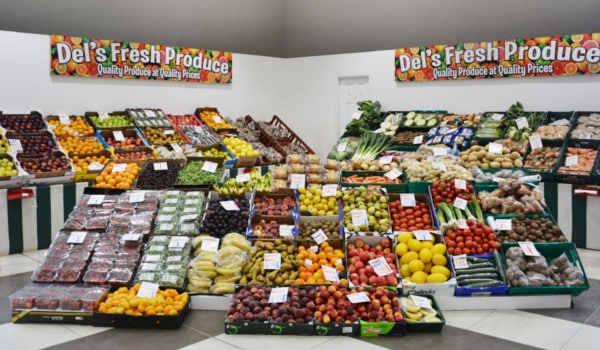
Refilling not Recycling
Less packaging could reduce what you buy – and immediately throw away – by about 10%. This means less waste in landfills, which release large amounts of methane, a powerful greenhouse gas that contributes to global warming. Remember to buy in bulk.This will reduce the amount of packaging materials you consume. Similarly, avoid overly packaged items. Bring your own bag too, as using your own bag instead of the plastic or paper ones given away by shops, reduces waste. (Strategically plant reusable bags in all the spaces you inhabit!) Reuse — rather than recycle — is being embraced by all sorts of big businesses, keen to do their bit to combat climate change and pollution. Last year Waitrose converted four stores into its ‘unpacked’ format, where a significant number of items are sold loose — customers can put them into containers they’ve brought from home. It says that, so far, sales of refillables at the four shops are outselling their packaged equivalent by 68%. Asda is soon to start a trial at its Leeds store and crucially — unlike Waitrose — is signing up a number of big brands, such as Kellogg’s and PG Tips, which have agreed to sell their products loose. And in March Tesco is launching a service called Loop, which was tested in the US last year. Loop is a scheme backed by Unilever, the owner of some of the world’s biggest brands that come in heavy-duty packaging: Persil, Marmite, Domestos, Carte d’Or, Dove and Sure deodorant. The idea is that you buy (through Tesco) various Unilever products that have been packaged in reusable metal or glass containers, be it Dove conditioner or Hellman’s mayonnaise. You have to pay a £3 or so surcharge for the containers, but you can then send them back to be washed and refilled.
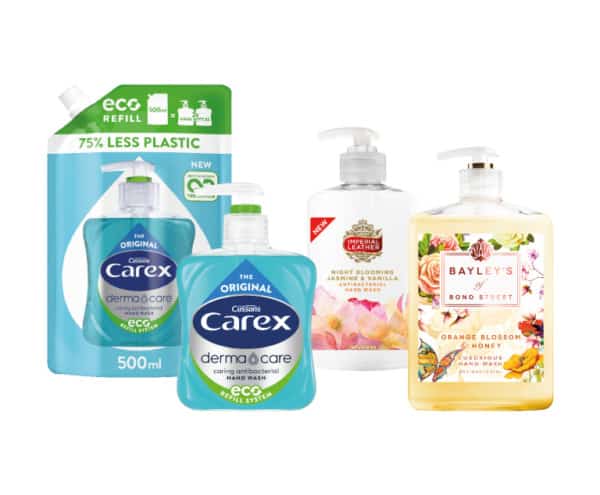
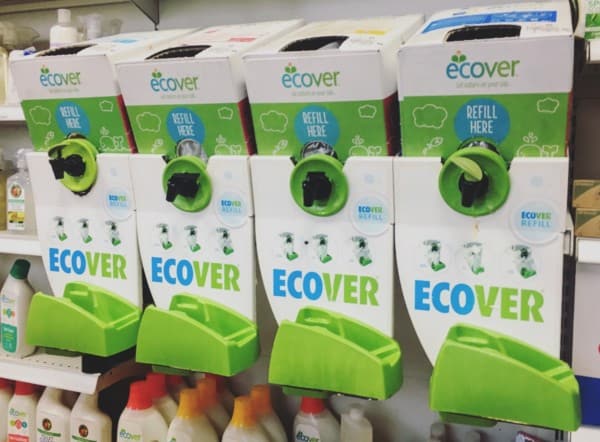
To learn more, please see below
https://www.glasgow.gov.uk/recycling
https://www.shopsocialscotland.com

